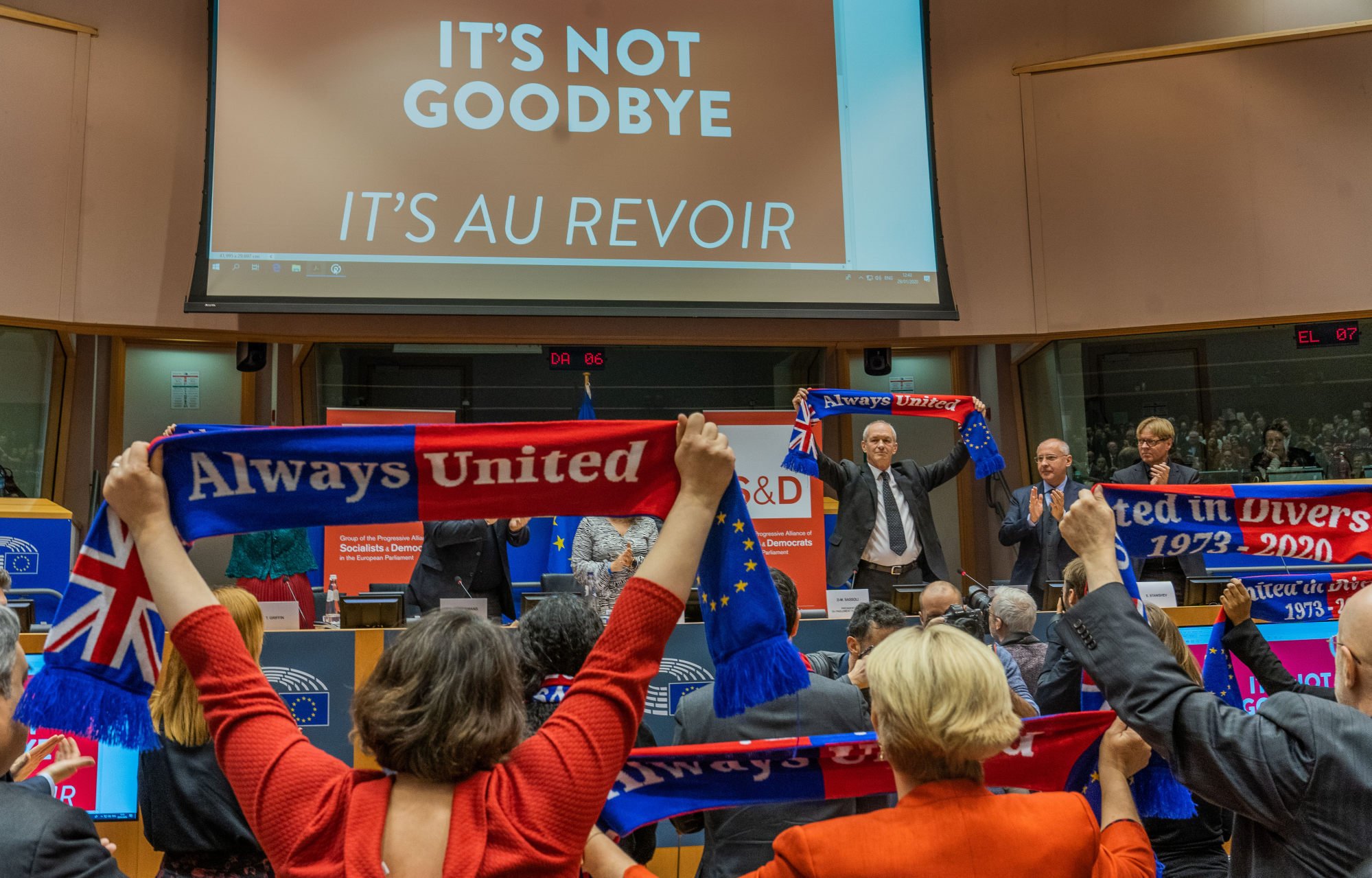
Time for struggling Britain to swallow its pride and return to the EU fold
- Post-Brexit Britain finds itself in dire economic straits, with crushed delusions of global glory and disappointed hopes of US support
- Yet if it seizes this moment to rejoin the EU – currently grappling with the Ukraine war and US trade policy – it may just find itself welcomed back with open arms
Indeed, it is in its own interest that London moves towards rejoining the European Union. Britain, standing alone as it does now, is hardly going anywhere, while it should see profit in returning to the fold.
As for the US, not only does it refuse to extend a helping hand to its most faithful follower on the international scene, it even has no qualms about bashing London when it executes policies Washington doesn’t like.

Like the trade agreements premised on the “Global Britain” formula, the UK’s Indo-Pacific tilt – with much emphasis on defence goals – was merely the other political démarche taken by the Johnson cabinet to justify its execution of the Brexit deal, and to comfort its confused population into believing their sepia-tinted longing for the old empire days could somehow be fulfilled in a Britain no longer constrained by Brussels.
Now, a window of opportunity is presenting itself amid the evolving reality in global geopolitics, and it is up to the UK to grasp it, instead of sticking to delusional makeshifts under the pretence of “Global Britain”: namely, get back into the EU and remain a key part.

Seizing this chance, Britain will land in a no-lose position. In the short to medium term, the UK’s return will doubtless be a shot in the arm for Brussels. Longer term, in the event of Russia boosting its status with strategic backup from China and, consequently, the US showing signs of beating a retreat from Europe, Britain will emerge as a pivotal member of a truly integrated Europe, without necessarily losing its other Churchillian circles of diplomacy, namely America and the Commonwealth.
Admittedly, a U-turn on Brexit could prove difficult, especially in the current political and cultural atmosphere in which populist politicians, full of emotion but devoid of reasoning, tend to carry the day. But parliamentarians in London need to show their ability to lead and coordinate at this historical moment, learning from their own dereliction of duty over the Brexit referendum.
Split in US, UK fortunes shows Britain’s urgent need for investment
What about Johnson’s confidante since their Oxford days, Michael Gove, a prominent former cabinet member who comes close in terms of political sophistication, opportunism and moral adventurism? Whoever the person is, though, current Prime Minister Rishi Sunak doesn’t seem up to the task.
Or perhaps, to borrow from Baron Michael Heseltine, dubbed “the lion of Remain” in the Brexit debate, the Conservatives need to lose the next general election to “heal divisions” in the nation on this matter of such importance to them.
Terry Su is president of Lulu Derivation Data Ltd, a Hong Kong-based online publishing house and think tank specialising in geopolitics

